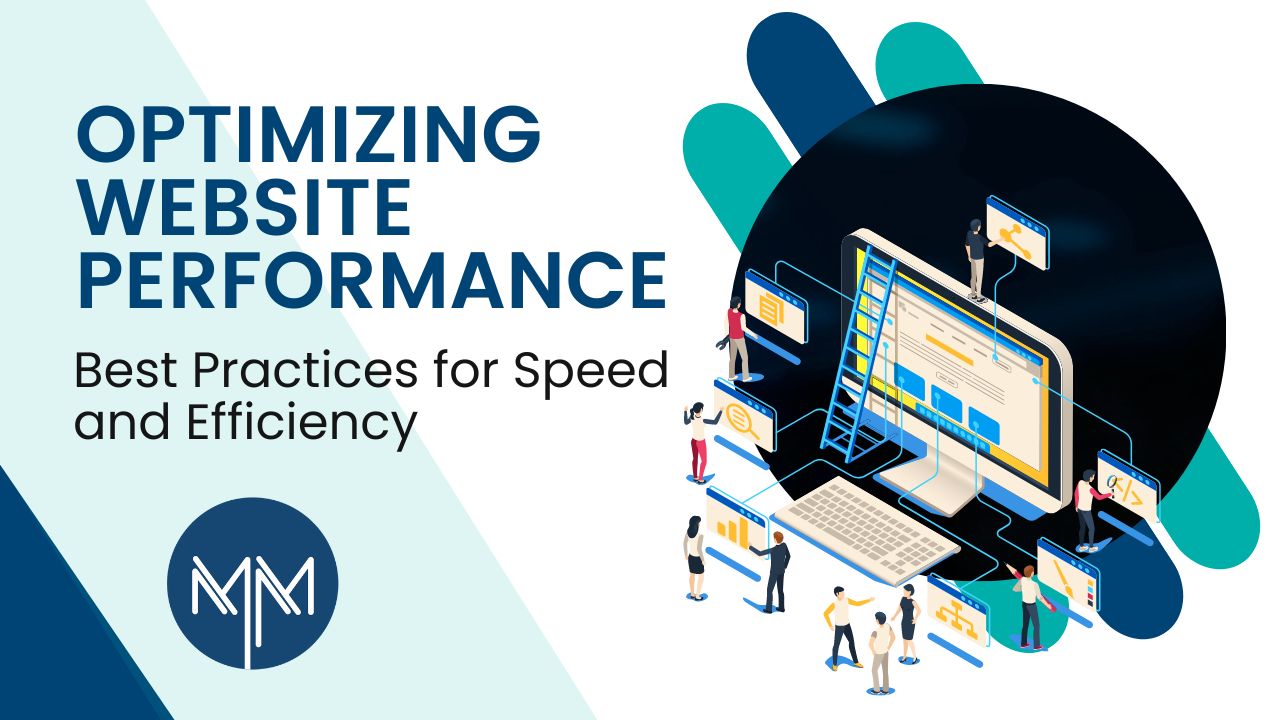Crepost Insights
Exploring the latest trends and stories in the world of news and information.
Speed Demons: Rev Up Your Website Performance
Unleash lightning-fast website speeds and boost user experience! Discover top tips in Speed Demons: Rev Up Your Website Performance.
5 Essential Tips to Optimize Your Website Speed
Optimizing your website speed is crucial for providing a seamless user experience and improving your SEO rankings. Here are 5 essential tips to enhance your site’s performance:
- Enable Browser Caching: This allows frequently accessed resources to be temporarily stored in the user’s browser, significantly reducing load times for returning visitors. You can learn more about how to implement caching here.
- Optimize Images: Large images can slow down your website drastically. Make sure to compress and format your images correctly using tools like TinyPNG to maintain quality while reducing file size.
3. Minimize HTTP Requests: Each element on your site (like scripts, images, and stylesheets) requires an HTTP request, which can slow down loading. Reduce the number of elements on your pages to speed things up. Combining CSS and JavaScript files can help achieve this goal. For more insights, check out this guide.
4. Use a Content Delivery Network (CDN): A CDN can improve your website speed by caching content in multiple locations around the globe, allowing users to access data from a server closer to them. Explore the benefits of CDNs here.
5. Reduce Server Response Time: Optimize your server performance by selecting a reliable hosting provider and using technologies like HTTP/2. You can find more tips on server optimization in this article.

Understanding Website Performance: Key Metrics You Should Know
Website performance is crucial for user experience and Search Engine Optimization (SEO). Understanding the key metrics that contribute to performance will help you make informed decisions to enhance your site. Some of the most important metrics include loading speed, time to first byte (TTFB), and page size. According to Google, page speed is a vital factor for both user experience and search rankings. Websites that load faster tend to have lower bounce rates and higher engagement levels.
Another critical performance metric is the First Contentful Paint (FCP), which measures the time it takes for the first piece of content to appear on the screen. Users often perceive delays in FCP as a slower website, which can negatively impact their experience and your site's SEO. Additionally, monitoring cumulative layout shift (CLS) is important, as it measures visual stability and user interaction. To optimize these metrics, you can refer to resources such as Google Web Vitals for best practices and tools to enhance your website’s performance.
Why Faster Websites Lead to Higher Conversion Rates?
In today's digital landscape, website speed is crucial to user experience and directly impacts conversion rates. Studies have shown that even a one-second delay in page load time can decrease conversions by up to 20%. This means that faster websites not only provide a better experience for users but also cultivate trust and encourage them to engage with your content. Platforms like Google have made it clear that visitors expect quick loading times, and they may abandon a site that feels sluggish. By optimizing your website's speed, you are increasing the likelihood that users will stay longer and ultimately convert.
Moreover, faster websites enhance mobile experiences, which are increasingly important as mobile traffic continues to rise. According to a report by Statista, mobile devices accounted for over 50% of global internet traffic in 2021. A swift loading time on mobile devices can reduce bounce rates and improve user engagement, which are critical factors for conversion. In essence, prioritizing speed not only improves usability but also solidifies your site's credibility, making visitors more likely to convert into paying customers.